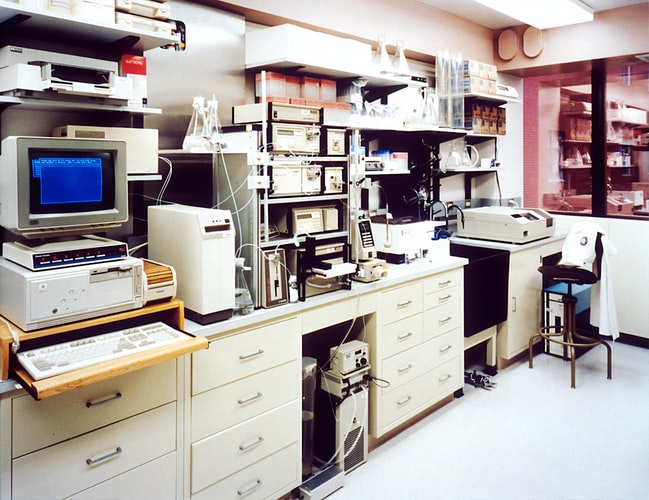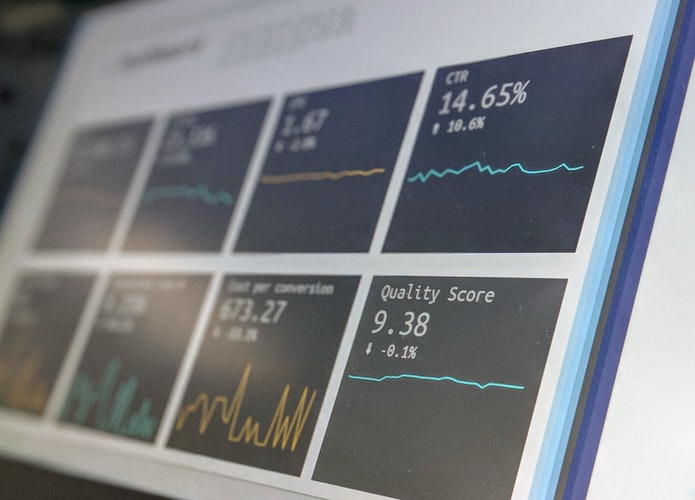How does metadata management work? This question may seem obvious enough: with little more than a single database and a few software tools, medical researchers can design and store a tremendous amount of detail about their specific samples. This sort of management allows researchers to rapidly obtain large volumes of data in an extremely efficient manner.

How Does This Process Work?
But how does metadata management work? Well, to put it simply, metadata management refers to the method by which researchers collect, organize, and make sense of their specific digital resources-especially when those digital resources represent clinical trials. Done properly, metadata management allows organizations to harness its data so that it gives control, reliability, and more meaning to the data itself.
When done properly, metadata management systems allow users to access the information they need to understand the data in real time. For example, rather than having to sift through records and potentially missing data until someone finds what they are looking for, a metadata management system would allow users to search for key terms or phrases within the database. Also, rather than spending hours tracking down information and then trying to organize it again, a metadata management system would allow users to view the data and analyze it in real time. Finally, when a researcher needs to share their data with another researcher in their team, metadata management systems give them the power to do so in the blink of an eye.

Benefits Of Accurate And Engaging Systems
A good metadata management system allows researchers to take advantage of their data in ways that they never could before. For example, an enterprise-wide data management system could allow analysts to access meta-data for clinical study protocol, human body documentation, case report form, treatment regime, case description, and specimen identification. This is a valuable insight into the way medical professionals compile and organize their data, which can help them make better decisions in real time.
A second benefit comes from the fact that it can also provide IT staff with valuable insight into the organization’s current practices. In a world where technology is becoming more important to business operations every day, data governance has become more important. Implementing metadata management means that there is greater ability for IT staff to control access to important data. Additionally, it helps medical researchers gain access to critical data faster and helps ensure that the organization’s data integrity remains intact.

Other Factors Influencing Metadata Management
When it comes down to answering how does metadata management work, there are two major players in this new arena. Organizations that are using such tools like the Electronic Medical Record (EMR) Software are benefitting from metadata management, as are medical researchers and health care systems. However, organizations who do not yet have these tools can still take advantage of them by implementing metadata management software that offers comprehensive benefits. This includes controlling access to documents and data, controlling forgeries, and making sure that only approved individuals have access to certain information within the organization. For these organizations, having these tools could mean the difference between accessing data in a timely and appropriate fashion and risk losing important data or procedures. It could also mean the difference between operating properly and efficiently, and maintaining compliance with regulations.

How Can Metadata Be More Effectively Organised?
There are a variety of different kinds of ways through which metadata can be more effectively organised. One of the key ways in which this can be done is through pro active work by management. If a business takes active and engaged steps to organise their metadata, this will help them to improve their performance in the long term.
Staff taking data management training in addition to benchmarking with other large companies and organisations is a brilliant way for businesses to organise their data more effectively overall. When managing all of this data, it is always imperative that participants and observers data is kept as secure as possible.
Some of the biggest lawsuits that have come about have resulted because of data breaches or data being leaked in inappropriate ways. This can be severely damaging and result in legal action. Most businesses and companies that are up to date with their operations will want to avoid these sorts of issues.


Olivia Harper is a writer passionate about exploring the latest developments in technology and digital solutions. She focuses on providing in-depth analysis, tech reviews, and news updates that keep readers informed and ahead of the curve.
